Jonathan Dodd’s latest column. Guest opinion articles do not necessarily reflect the views of the publication. Ed
Where do I start and where do I end? If you’re like me, you’ll be very familiar with this question, or it might be a whole new idea. I don’t know. And I don’t know the answer either. I’ve written here before about someone I worked with once who had his conversations with the version of me that he had installed in his head, and simply didn’t understand that it wasn’t the actual me that he had talked with. I never found out all the things he had involved me in without me ever being aware of them.
Mind you, this person also told me he couldn’t swim because his muscles were too hard. No, I never quite understood that either. It was something along the lines of ebony being the only wood that doesn’t float, because it’s too hard. As long as I nodded and smiled we got on quite well otherwise, and I think he started to understand some of the complications he had always had with people when we talked about what’s inside and what’s outside.
Children who drive their parents mad
I’ve always been a curious sort of person. One of those children who drive their parents mad with questions about anything and everything. We’ve all met them. I was one of those children, and I’m glad to be able to report that we do usually survive, and the flow of questions to other people diminishes once we learn to read. But we don’t half still pester the Internet. The chief reason I have my phone near me at all times isn’t to read the latest tweet from social media friends, it’s to search for things on Google.
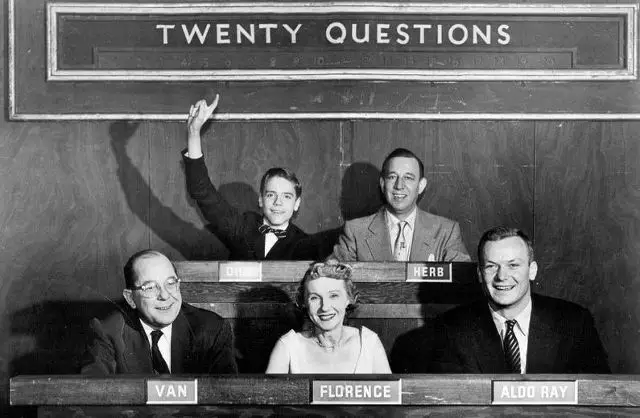
That’s perhaps why I love the Internet so much. It has speeded up my personal question-answering faster than anything else I’ve ever encountered. It’s also very gratifying to be able to find out immediately, rather than having to wait for the next visit to the library or looking for the encyclopaedia. It’s terribly frustrating knowing that you had a question but you can’t remember what it was. But one thing I never do is to get confused during these encounters as to where I stop and the where the Internet begins.
The idea of being liked
I’m not just making an observation here, because I have a real concern. I’m constantly amazed about the amount of time and trouble people go to in order to make sure they’re liked. There’s a huge amount of traffic back and forth that’s about nothing else. I understand that people confuse the idea of having friends on Facebook with the reality of having actual friends. They confuse the idea of being liked because of the way they look with being liked because of their character traits and the way they are in company.
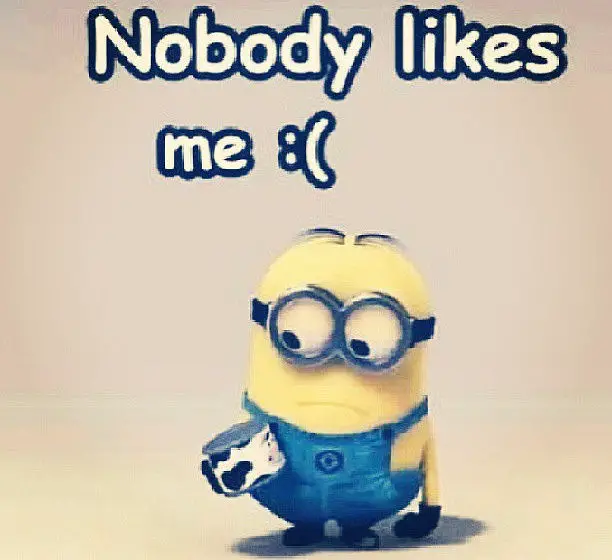
I understand that this is more important for some groups of people than for others. If you’re insecure you’ll care very much about other peoples’ opinions of you, and young people have to struggle with the landscape of relationships when nobody knows how they’re supposed to act and react. Without a map, it’s easy to confuse being allowed to drink with getting drunk, or being able to drive with driving too fast, or being old enough to have sex rather than just doing it because you can.
How we can live with it all without going mad
Of course, some people just withdraw from the whole thing, and some never find out how to live with it, and some never grow out of that phase. But generally, as we get older and wiser, we begin to understand how these things actually work, and how we can live with it all without going mad. My own experience is based on knowing who I am and how I am, and the nature of my relationships with other people and the world in general. And that is all about where my boundaries are.
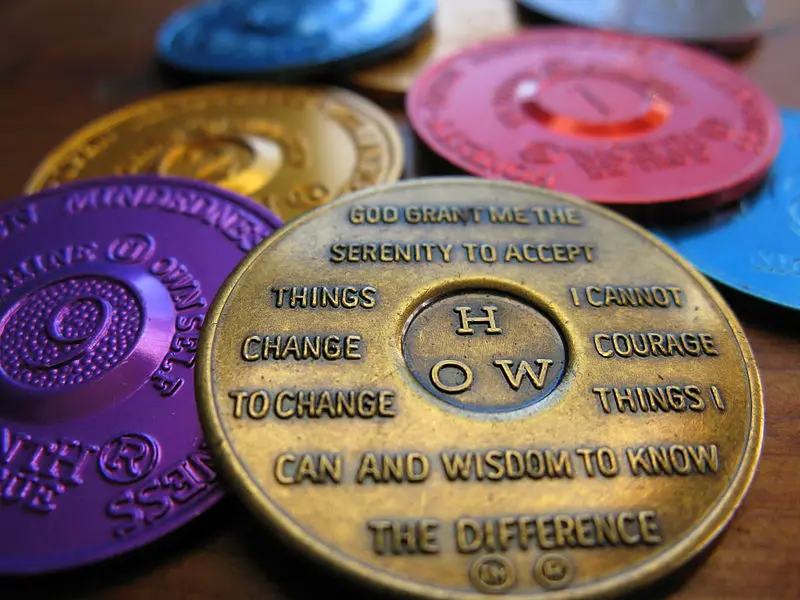
To put it simply, what’s mine is anything I can control or influence, and outside is where I’m unlikely to have much effect. I can’t make the world a better place, but I can spread a little happiness around me. Of course, there are amazing people who decide to extend their influence far beyond what you would expect. Creating Live Aid or Red Nose Day, or deciding to invest in clean energy or eradicating diseases or making sure clean water is available to whole populations. And there are dark versions of this phenomenon too, like the rise of dictators and the terrible acts committed in who-knows-what belief by previously-normal people.
A lifetime trying to understand ourselves
I don’t expect to understand how that happens, because I really don’t think I have that in me. Or rather, I suppose I don’t because I’ve looked and can’t find any evidence. That’s the thing I like so much about being me, and I suppose you’re exactly the same. We can spend a lifetime trying to understand ourselves, while being constantly surprised about how little we actually do know. I could give you a broad-brush set of outline strokes that would sketch out the kind of person I think I am, and those of you who know me at all might agree or be surprised. And then you could do the same thing for me, and we’d feel like we knew each other, at least a little.
Click on image to see larger version
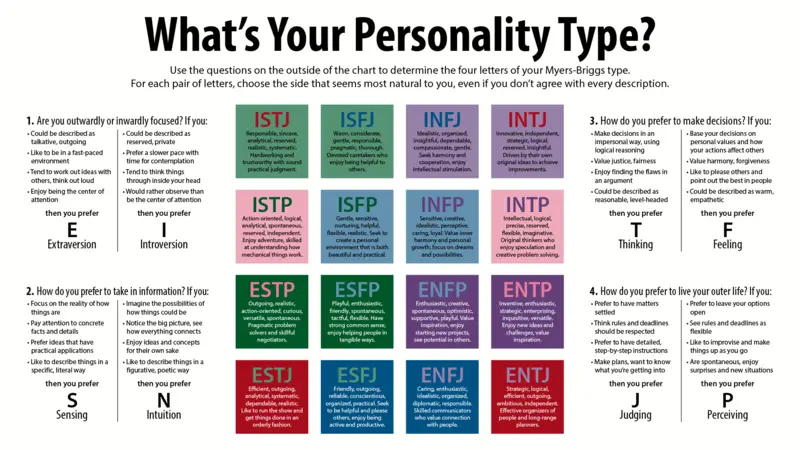
That’s what we do. We project a version of ourselves at the people we meet, and they decide whether they like us or not, and whether they trust what we’re showing and what they think they see as well, and that’s how we get to know each other. Sometimes what we project isn’t necessarily how we are, and we try to project specific things, to emphasise them and hide others from sight. Sometimes this works, but we then have the problem of keeping up that appearance, and worrying that the other person will discover our subterfuge. Sometimes they know all that and like us anyway. It’s all very complicated and beautifully human.
It’s unfair and unnecessary and rather cruel
But whatever other people think of us, that isn’t what we are. Their opinions are entirely theirs, and are formed through their own weird and wonderful ways of making up their minds. They often expect us to come up to a certain level of appearance or brilliance that they have in their minds but didn’t mention, and then they’re disappointed that we don’t measure up. It’s rather like being asked to sit an exam for a job, and having to fill in a blank piece of paper, and then being told we’ve failed. It’s unfair and unnecessary and rather cruel, and it doesn’t have anything to do with us, it’s designed to make the other person feel superior.
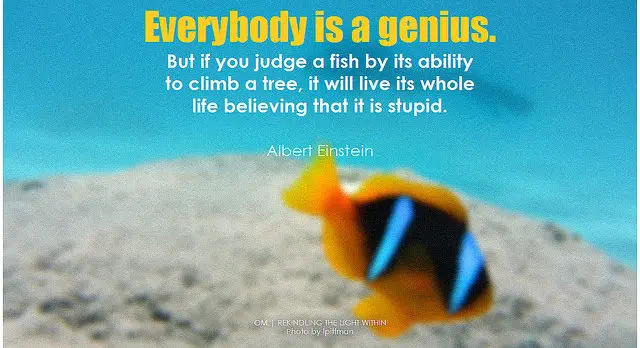
In this example, we are who we are, we sit the exam, and we haven’t changed. We’re the same person. The judgement expressed by cruel strangers has nothing to do with us. It’s outside us. If we allow their cruel opinions to cross our boundaries and make their home inside us, we do ourselves an injustice and we let them win. I don’t know about you, but if someone bore down on me at a party with a forkful of something pointed at my mouth and a lot of cajoling, there’s no way I would allow that stuff in my mouth before I knew what it was and where it had come from. Especially if they were being pushy and I didn’t trust them. I’d clench my teeth until they gave up and went away.
My trusty guards check their credentials
Why should you swallow the opinions of others willy-nilly? You didn’t invite them, so don’t let it in. You can park those opinions somewhere, and later on you can think about it and decide whether any of it is true or not. Then you can send the bad stuff off into the night and keep what’s right. When I realised that I was internalising lots of bad opinions about myself I started building a castle around myself, with high walls, and a portcullis with a waiting room. Anyone bearing gifts or tidings or opinions has to sit and wait while my trusty guards check their credentials for hidden weapons and untruths and bad intentions, and if they aren’t trustworthy they’re told to skedaddle, while the door is opened for the good guys.

This can be done. But you must start looking for your boundaries first, and mark them out. I’ve always thought parenthood is all about boundaries. When your baby can crawl, you keep the door shut. When they can walk, you move breakable things up out of reach. When they can run you let them out into the garden, but you check the fence and make sure the gate is secure. When they learn to climb over the fence, you make another one on the other side of the nearest field. And so on and so on, so they always know there are safe places to explore, and they always know how to get back home. And one day they go beyond your farthest fence and they make their own lives.
To prevent strangers coming in without permission
The other side of that picture is that the fences and gates are not just to stop your precious child getting lost, they’re also there to prevent strangers coming in without permission. If this happens to you, you need to start making some sort of barrier, even if it’s just your cupboard door. Then, once you have a good lock on that, you can start making your bedroom more secure, and then the whole house, and then the garden, bit by bit. It’s possible to do this, maybe with a little help. I’ve done a lot of that for myself, and I’ve known others who’ve succeed.

Safe space is vital for all of us. I worry about those people out there in the Internet or anywhere else, who don’t have that safe space, who are affected by the hurtful attacks of others who enjoy inflicting pain and fear. If we care about the opinions of others indiscriminately and too much, we can become very damaged. We need somehow to make our own space and not let them in. There will always be people like that, we can’t stop all of them for ever, but we can get some good fences and locks and keep them out, so their arrows all fall short. Bullies are like vampires. They can only flourish in the stealth and privacy of darkness, and they feed on fear. The light makes them burn to dust.
Ask yourself this question. Is it true?
So when someone says something hurtful to you, ask yourself this question. Is it true? And give yourself the most honest answer you can come up with. Or you could put those remarks on your very own truth shelf, where true things stick, but untrue things slide off into the rubbish bin, along with the trolls who said them. Or you could have a nice trap door for them, with a very satisfying lever. I’m beginning to enjoy this. What would you like to be underneath the trapdoor?
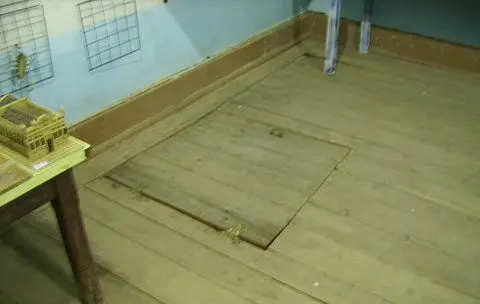
I’ll leave that to your imagination.
If you have been, thank you for reading this.
Image: quinet under CC BY 2.0
Image: DuMont Television/Rosen Studios, New York-photographer under CC BY 2.0
Image: maehabasolo under CC BY 2.0
Image: Enduring Strength under CC BY 2.0
Image: Jake Beech under CC BY 2.0
Image: pictoquotes under CC BY 2.0
Image: ewforbless under CC BY 2.0
Image: terimakasih0 under CC BY 2.0
Image: brazilnut72 under CC BY 2.0





